Topological modulated superconductivity in monolayer transition metal dichalcogenides
Abstract:
Theoretically it has been long known that breaking spin-degeneracy to realize so-called spinless fermions is a promising path to topological superconductivity. However, topological superconduc- tors are rare to date. We propose a new strategy for materializing spinless fermions by splitting the spin-degeneracy in momentum space. Specifically, we identify monolayer hole-doped (p-type) transition metal dichalcogenide(TMD)s as candidates that can materialize topological modulated superconductors out of such momentum space split spinless fermions. In fact, superconductivity in electron-doped (n-type) TMDs is by now well established. However, light hole-doping puts these systems in an unusual state with spin-valley locking that is absent in the electron-doped side. Using a renormalization group analysis, we predict topological intra-pocket pairing with finite center of mass momentum to emerge from electron-electron repulsion in hole-doped TMDs. Realization of an atomically thin two-dimensional topological superconductor that hosts majorana zero modes at the vortex core will form an ideal platform for braiding the zero modes: a long sought after holy grail.


